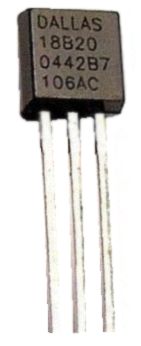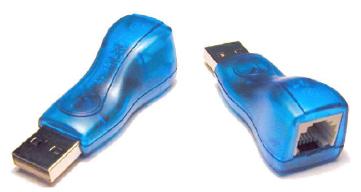As there are really many solutions for temperature data collection I decided to limit results with few extra requirements:
- Must have USB interface for connection to Raspberry Pi, PC etc. to keep it universal.
- Sensor price must be cheap as I may need about 10 sensors.
- Wired sensors – I am not going to change batteries in 10 wireless sensors.
- Supported distance at least 50m which is approximate cabling distance from my basement to attic with all the loops and bends.
- Temperature range from -40 to +40 degrees Celsius which covers my needs in Estonia.
- Supported/working in Linux, on Debian Wheezy to be exact.
I will just list few cons what I found on some products before moving on to what I selected, exactly as I did with relays.
- Small number of sensors per USB socket
- Expensive (some about 12EUR per sensor)
- Temperature range too small (minimum -20 Celsius)
I decided to go on with 1-WIRE based technology: DS9490R USB-to-1-wire adapter and DS18B20 sensors. Why? Because temperature sensor price is only about 1 EUR and even less if ordered from China. 1-wire technology supports big range: 200-500m. There are available also other f.e. humidity sensors what can be plugged to the same bus. I don’t know how negative it is but this selection requires some cabling/soldering and preferably externally powered connection hub to take the load off from the adapter and USB socket.

Sensors are available in original (TO-92) form as shown on image in the right and also as a ready-made probes with attached cable (claimed to be waterproof). Search DS18B20 from Ebay and you will see. If the cable length is enough you can save a lot of soldering. I used original TO-92 form sensors, cut ordinary RJ12 phone cables in half, soldered sensor to one end and connected other end (with RJ12) plug to the home made 1-wire hub which had RJ12 sockets but this is already story for next how-to.
If you found this useful, say thanks, click on some banners or donate, I can always use some beer money.

